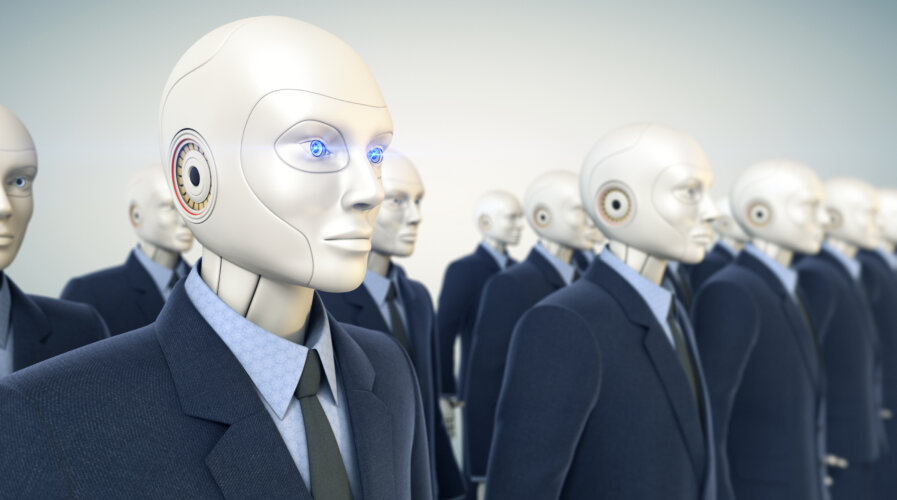
(Source – Shutterstock)
Employment Hero: 76% of professional service sector employees fear technology will take over their jobs
Article by Nathan Hew
In today’s world, rapid technological development has changed the way we live — quite literally. Medical innovations, for example, have contributed to the decline in child mortality and the improvements in life expectancy. Advances in agricultural technologies improved crop yields and reduced hunger. Access to energy, electricity, sanitation, and clean water has transformed the lives of billions.
At work, technology is helping to streamline processes, improve efficiency and increase productivity. Those working in sectors such as the professional services industry would have felt the full brunt of various technological disruptions. The State of Technology and Payroll Report, released by Employment Hero, uncovers the technology adoption and payroll sentiment in the professional services sector across Malaysia and Singapore.
The survey results, including responses from more than 300 respondents in the professional service industry, found that 76% of Malaysian and Singaporean employees fear their jobs will be replaced by technology. While the average proportion of manual work remains high at 63%, all survey respondents said they use at least one type of client-servicing software.
In Singapore and Malaysia, Employment Hero’s research shows that all respondents use at least one type of software, with the most widely used software being accounting software (73%), followed by payroll software (55%), human resources software (52%), and client relationship management software (50%). Malaysian respondents were also more likely to use client-servicing software than Singaporean service providers.
“The professional services industry has radically transformed — and firms in Singapore and Malaysia had to embrace digital transformation to adapt as clients are now seeking more comprehensive and personalized services,” said Kevin Fitzgerald, Managing Director of Asia at Employment Hero. “The best ways firms can support them is through cash flow management and optimization through technology.”
How companies are slowly using tech to automate non-customer-facing roles
Take IBM, for example. Earlier this month, its Chief Executive Officer Arvind Krishna said the company expects to pause hiring for about 7,800 positions it thinks could be replaced with artificial intelligence in the coming years.
Hiring in back-office functions — such as human resources — will be suspended or slowed, Krishna said in an interview with Bloomberg. These non-customer-facing roles amount to roughly 26,000 workers, said the CEO. “I could easily see 30% of that getting replaced by AI and automation over a five-year period.”
As artificial intelligence tools capture the public’s imagination for their ability to automate customer service, write text, and generate code, their potential to disrupt the labor market is huge. Krishna’s plan is proof of this — marking one of the most significant workforce strategies announced in response to the rapidly advancing technology.
More mundane tasks such as providing employment verification letters or moving employees between departments will likely be fully automated, according to Krishna. He adds that some HR functions, such as evaluating workforce composition and productivity, probably won’t be replaced over the next decade.
Just three years ago, a 2020 Deloitte Payroll Benchmark Survey revealed that more than 70% of organizations either process payroll in the cloud or are currently implementing a cloud payroll solution. That same survey also showed that almost 60% are considering leveraging Robotic Process Automation (RPA) to increase efficiency by automating the execution of routine, repetitive processes.
All in all, jobs in highly predictable and structured environments — like data collection and data processing — are more susceptible to automation, according to an analysis of more than 2000 work activities across more than 800 occupations by McKinsey. Much of this is due to the fact that technology, such as artificial intelligence tools, is more than capable of dealing with large amounts of workloads in a short period.
READ MORE
- Strategies for Democratizing GenAI
- The criticality of endpoint management in cybersecurity and operations
- Ethical AI: The renewed importance of safeguarding data and customer privacy in Generative AI applications
- How Japan balances AI-driven opportunities with cybersecurity needs
- Deploying SASE: Benchmarking your approach


